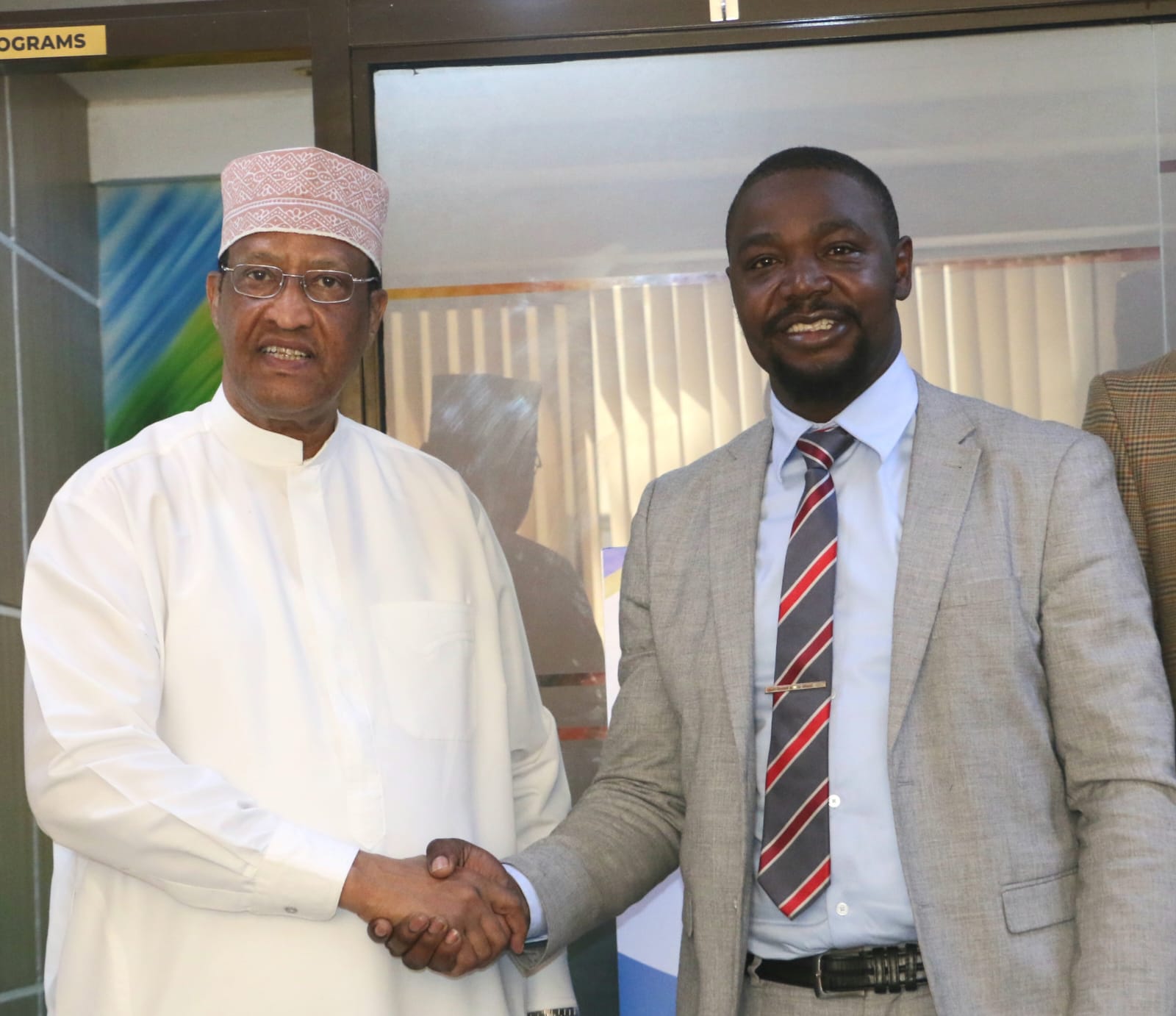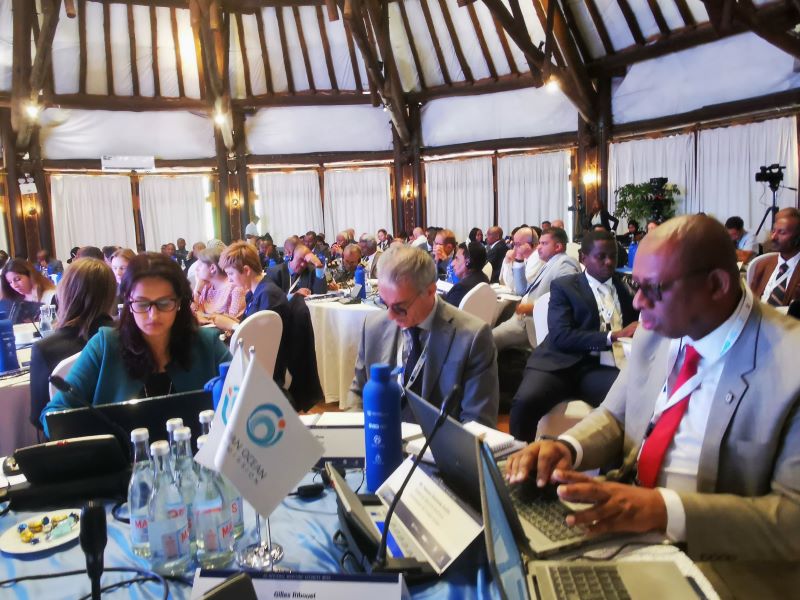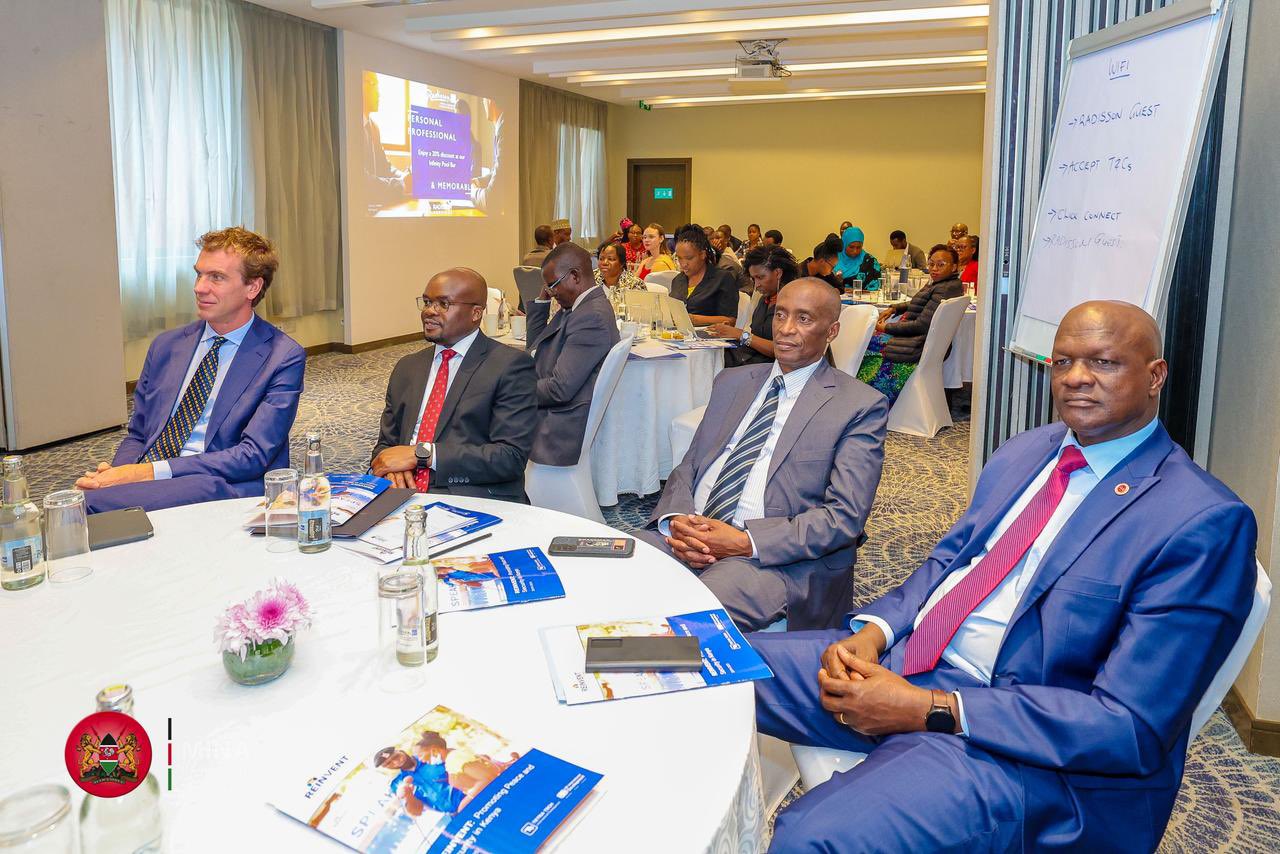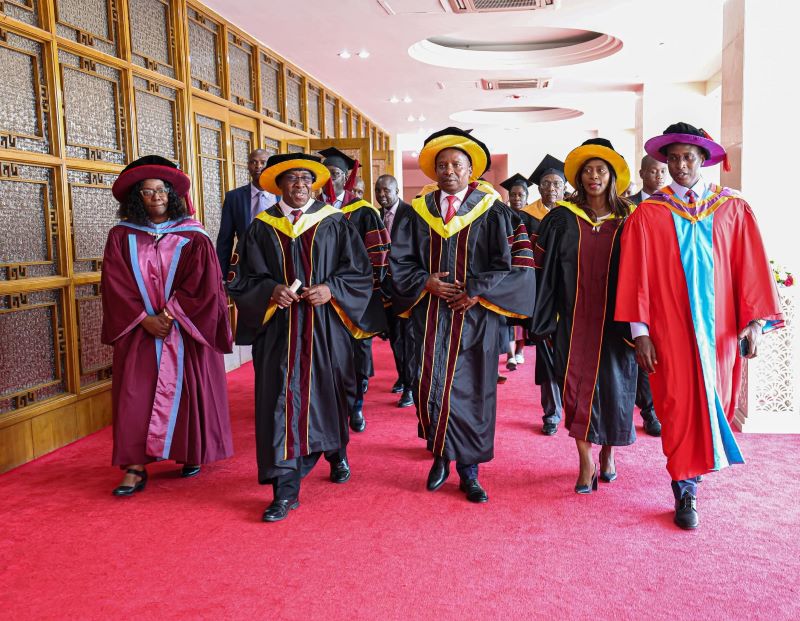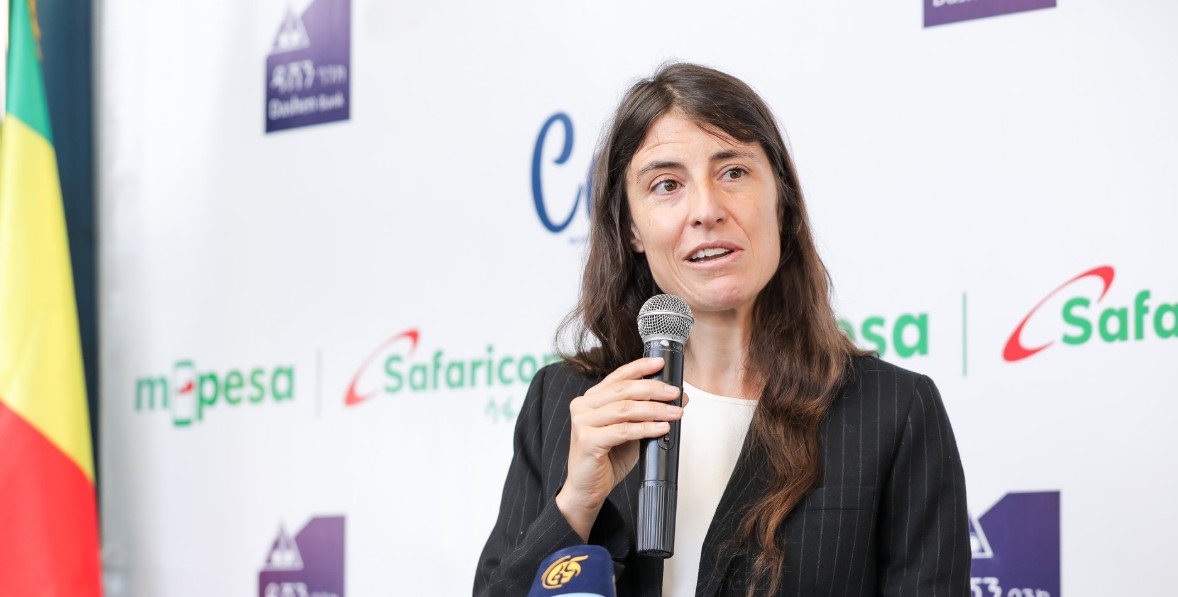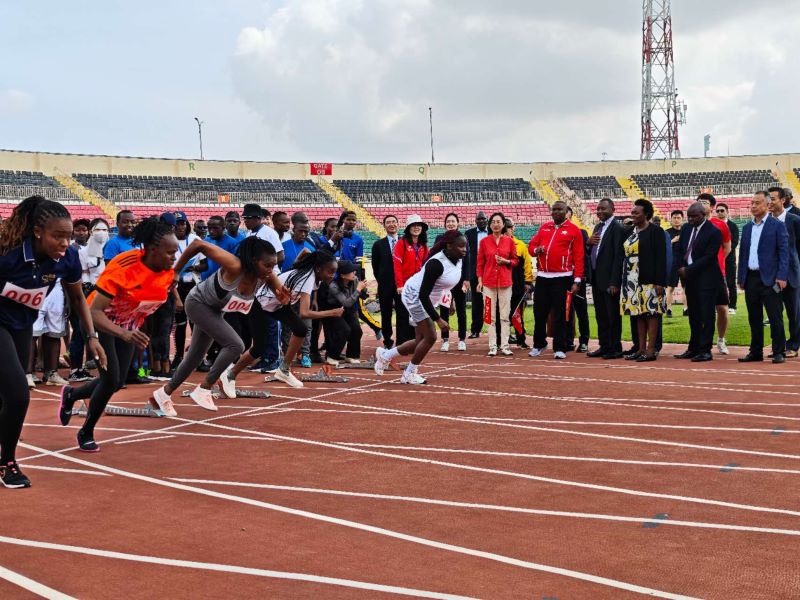Payment of pending bills breathes new life into construction, manufacturing sectors
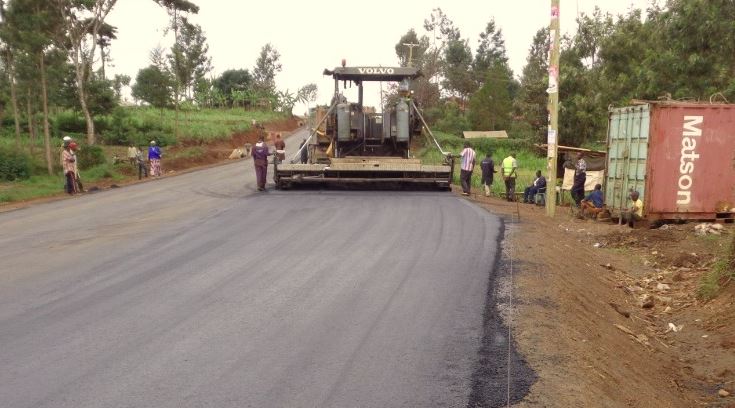
The Kenya Association of Manufacturers (KAM) said the revival of the road construction sector was having a positive effect on manufacturers who had supplied goods and materials on credit.
The return of activity in Kenya’s construction industry has injected fresh life into the manufacturing sector, following the government’s move to begin settling pending bills owed to road contractors.
With major road projects resuming after long delays, demand for essential materials such as cement, iron, and steel has increased sharply, signalling recovery in both sectors after months of stagnation.
More To Read
- Kenya sees major boost from visa-free policy as tourist numbers hit 1.8 million
- KNBS data shows uneven food price shifts as inflation dips slightly
- SMEs sound alarm over rising failure rates amid investment gaps
- Judiciary faces Sh576.6 million pending bills amid budget review
- MPs fault State officers over mismanaged road projects
- National Treasury secures Sh437.8 billion loan to plug budget deficit
Data from the Kenya National Bureau of Statistics (KNBS) shows that the construction sector expanded by 3 per cent in the first quarter of 2025, up from 0.4 per cent in a similar period last year.
This growth has been directly linked to the clearance of arrears and the reactivation of public infrastructure works. The manufacturing sector, especially non-food manufacturing, benefited from this momentum through the rising consumption of construction inputs.
“The growth in the sector was reflected in the increased uptake of inputs into the industry such as cement, iron and steel during the review period,” KNBS said.
Cement usage rose from 1.94 million tonnes in the first three months of 2024 to 2.34 million tonnes in 2025, an increase of 20.3 per cent.
Similarly, iron and steel imports climbed from 230,785 tonnes to 313,289 tonnes in the same period.
The construction sector had experienced its worst performance in decades in 2024, contracting in two consecutive quarters amid stalled projects caused by unpaid bills and rising interest costs.
This slowdown had weighed heavily on other sectors such as manufacturing, which rely on construction to drive demand for products and materials.
The recent turnaround has helped reverse this trend, with signs of renewed growth and improved productivity.
KNBS noted that the manufacturing sector’s recovery was driven by a spike in non-food production, with marked increases in the output of cement, galvanised sheets and assembled motor vehicles.
“The non-food manufacturing subsector supported the overall growth in the manufacturing sector with production of cement, assembled motor vehicles and galvanised sheets recording significant growth,” the agency said.
The Kenya Association of Manufacturers (KAM) said the revival of the road construction sector was having a positive effect on manufacturers who had supplied goods and materials on credit.
Payments flowing from the Kenya Roads Board (KRB) have helped ease cash flow pressures in the sector, with expectations that further disbursements will fuel sustained growth.
KRB began paying verified arrears earlier this year through a short-term commercial bank loan, ahead of the planned issuance of a Sh175 billion bond to fully settle the sector’s debts.
As part of this plan, the Treasury announced that the Cabinet had approved the use of Sh12 from the Sh25 per litre Road Maintenance Levy Fund (RMLF) to repay investors who buy into two separate bonds.
The first bond, worth Sh175 billion, will be serviced through Sh7 per litre of the levy to clear current bills, while a second Sh125 billion bond will rely on the remaining Sh5 to cover future bills.
KRB said it had already disbursed Sh60.6 billion from the short-term facility, including Sh29 billion to the Kenya National Highways Authority (KeNHA), Sh27 billion to the Kenya Rural Roads Authority (KeRRA), and Sh4.67 billion to the Kenya Urban Roads Authority (KURA).
In support of the plan, road contractors have agreed to reduce interest charges on overdue payments by 35 per cent.
The Central Bank of Kenya (CBK) has projected that the construction sector will grow by 4 per cent this year, recovering from a 0.4 per cent contraction in 2024.
“For 2025, we expect a turnaround in the construction sector to be anchored on the reduction of pending bills to the roads sector. Some of the contractors have already been paid and have gone back to work. We expect that to generate additional value for the construction sector,” CBK Governor Kamau Thugge said in June.
Top Stories Today
